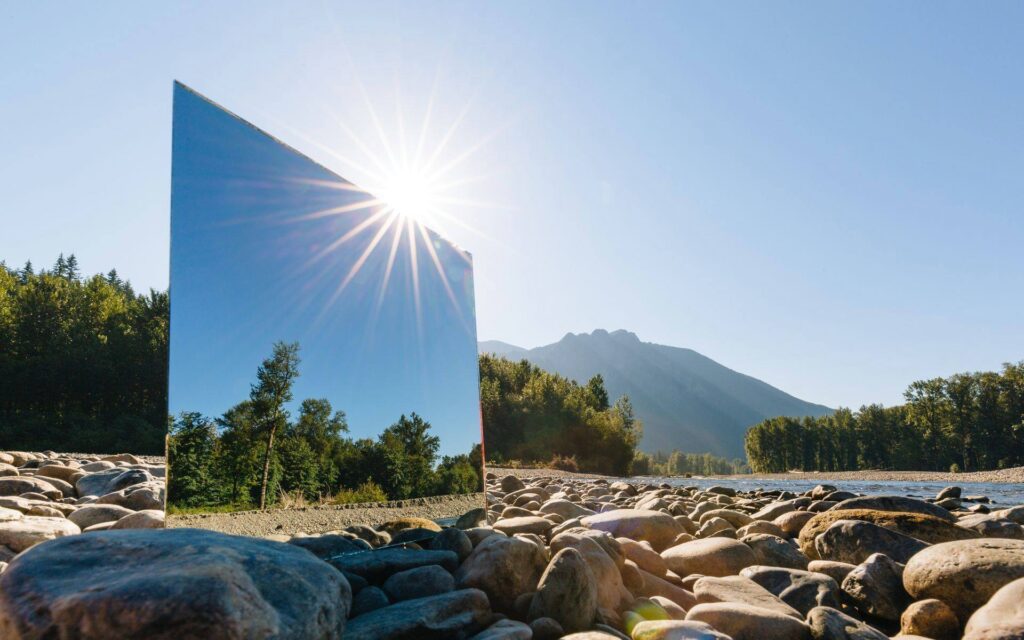
ZERO WASTE GOES BEYOND RECYCLING. HERE'S HOW.
By Moji Igun
Let’s talk trash for a moment.
The average American sends ~4.5 pounds of waste to the landfill every single day. This includes textiles, paper, plastic packaging, old electronics, rotting food, and much more.
This amounts to nearly 300 million tons of waste collecting in American landfills each year.
We are in a waste crisis. Our solutions must include more than just recycling.
————————————————————————
Zero waste is a term that describes an aspirational future. According to the Zero Waste International Alliance, zero waste is “the conservation of all resources by means of responsible production, consumption, reuse, and recovery of products, packaging, and materials without burning and with no discharges to land, water, or air that threaten the environment or human health”.
Simply put: the goal is to use our limited resources well without burning or polluting what’s left.
————————————————————————
WHAT DOES ZERO WASTE ACTUALLY MEAN?
At Blue Daisi, we define zero waste as a lens through which we can examine the way we make and consume things. It’s a way of approaching the world. It is not an unrealistic burden we ask individual people, businesses, or organizations to carry alone.
Zero waste is about more than recycling. Our work goes beyond recycling to help create a more sustainable, equitable, and just world that’s free of unnecessary waste. In doing this, we seek to honor the value that’s inherent to all land and life.
This work is centered in creating accessible ways for people to develop what we call a zero waste mindset. This conversation is about what ends up in the trash and it’s also about more than that. It considers both what and who we consider disposable. It’s about getting clear about what we collectively value and building a world that reflects those ideals.
————————————————————————
HOW DOES TALKING TRASH HELP WITH CLIMATE CHANGE?
Our waste is an embodiment of the remarkable amounts of natural resources and labor embedded into the items we buy and consume.
While some of our trash enters our environment as pollution, the majority of this waste is sent to landfills which are designed to serve as storage units for all the materials we’ve decided no longer have value.
These landfills are also typically located near marginalized communities and these same communities are subject to unjust harm at every step of the supply chain from extraction to disposal.
The term zero waste reminds us we exist on a living planet with finite resources. We cannot sustain this pattern of consumption forever. This is why pursuing zero waste is meaningful climate action.
————————————————————————
“START WHERE YOU ARE. USE WHAT YOU HAVE. DO WHAT YOU CAN.” – Arthur Ashe
————————————————————————
BEYOND RECYCLING
As we work together to create a better future, we must find a balance between taking both individual and systemic action.
Individual actions are important but compared to the impact that is possible when we address these issues at scale, they’re a drop in the bucket. Systemic actions guarantee ripple effects that will move our communities towards the better world that we’re all hopeful for.
Together, we can create a new normal and our workplaces can be a driving force in creating a culture of sustainability. This work requires dreaming outside of what currently is and imagining what could be.
This might look like figuring out how to compost your food waste. Or creating systems that help your customers understand what to do with your products and packaging at the end of its life. Or reviewing your vendors and looking for opportunities to reduce waste throughout your supply chain.
Beyond “reduce, reuse, recycle”, we’re thinking about repair, redistributing, regenerating, remembering, and redesigning.
You can incorporate zero waste practices into your workplace that align with your organization’s goals to help move us towards a waste-free world. Learn more about our service offerings here.
GET STARTED
ON YOUR OWN WITH OUR
ROAD TO ZERO WASTE COURSE



